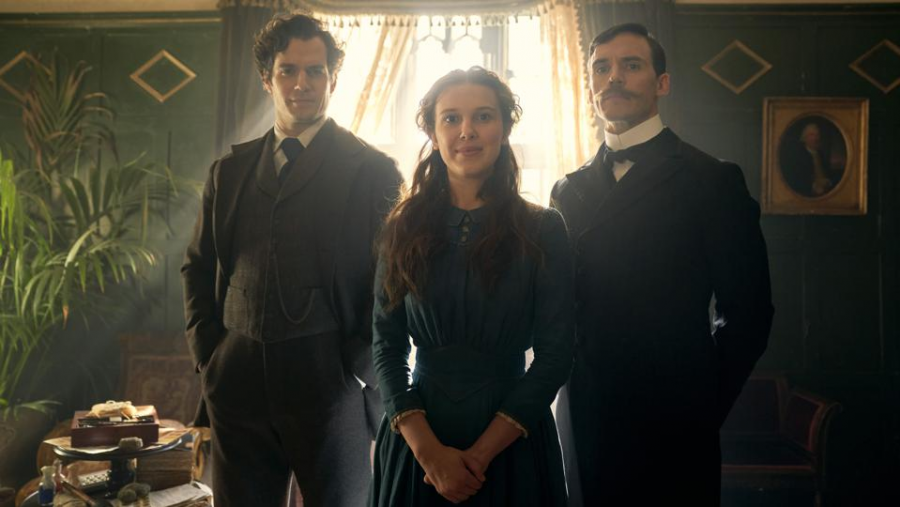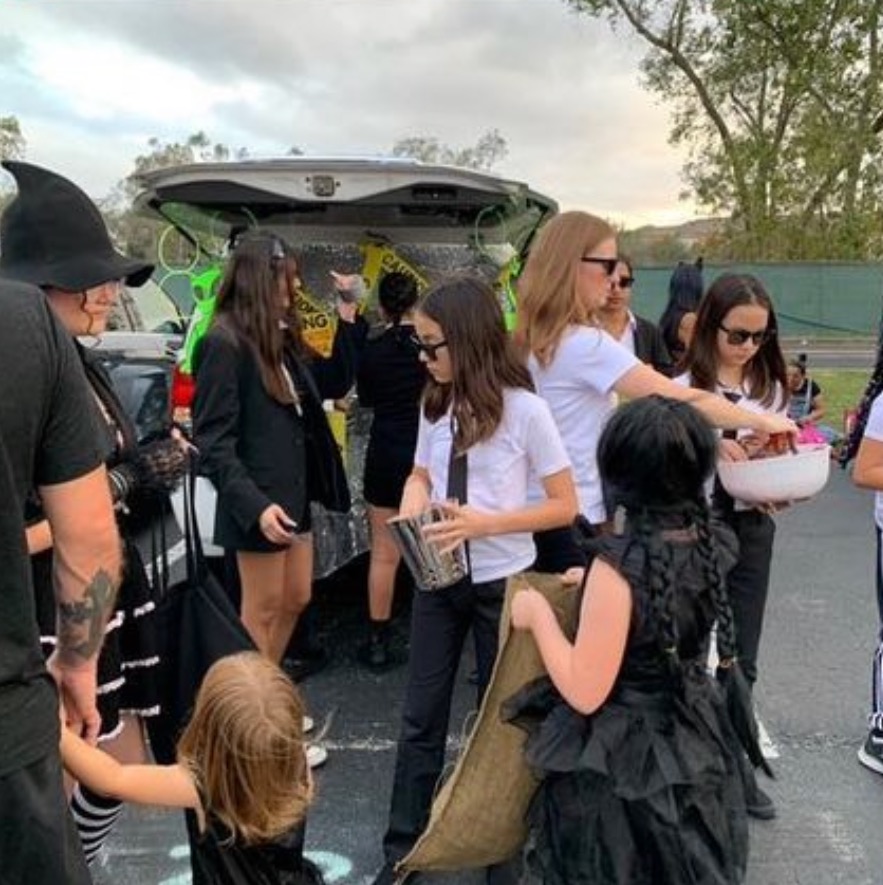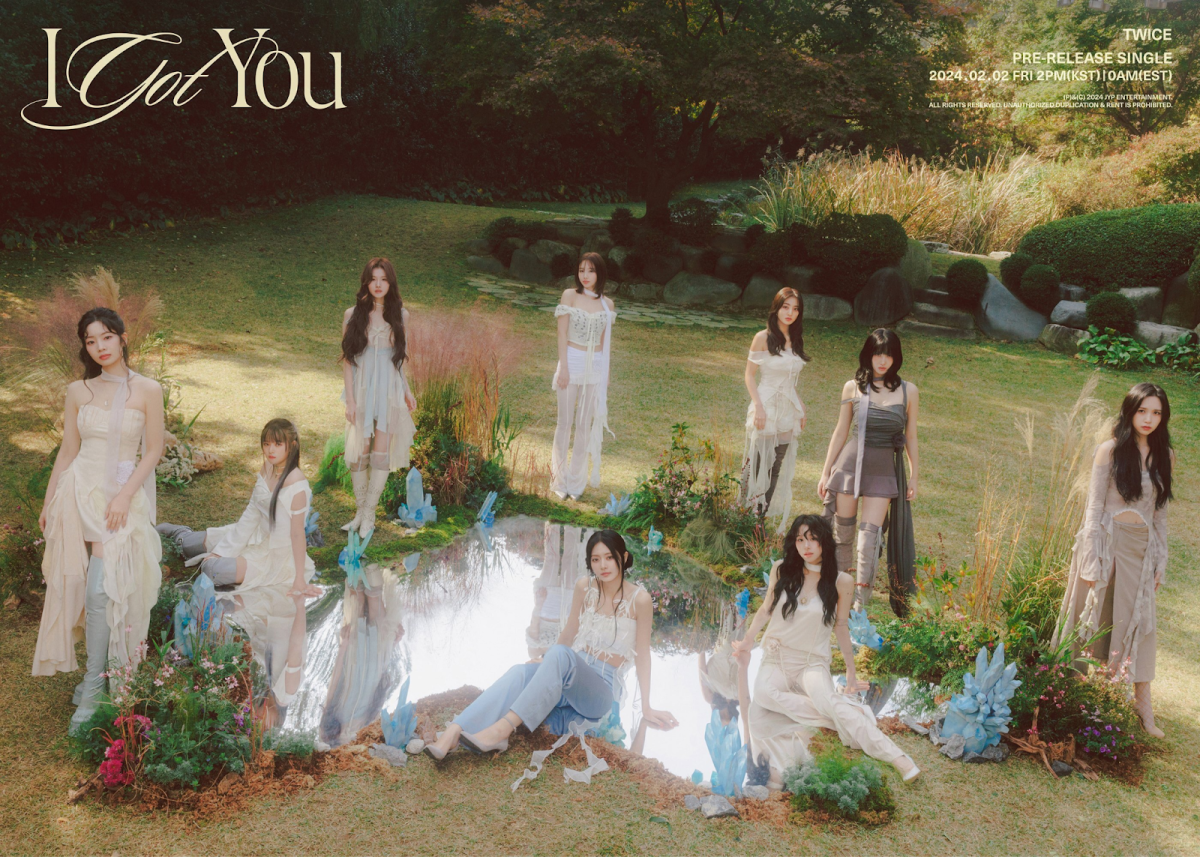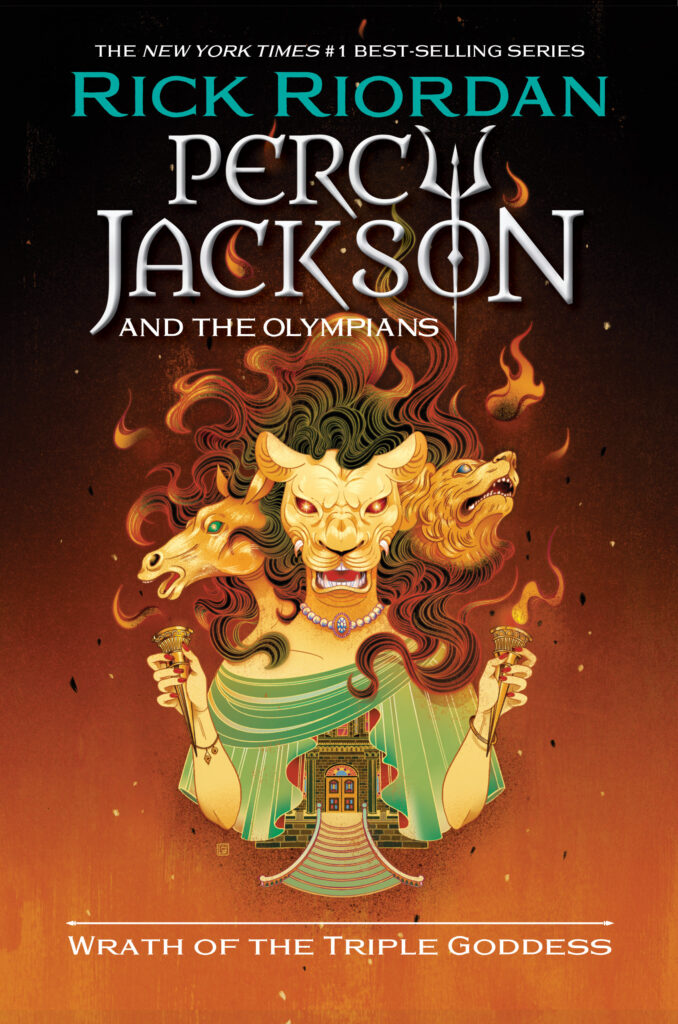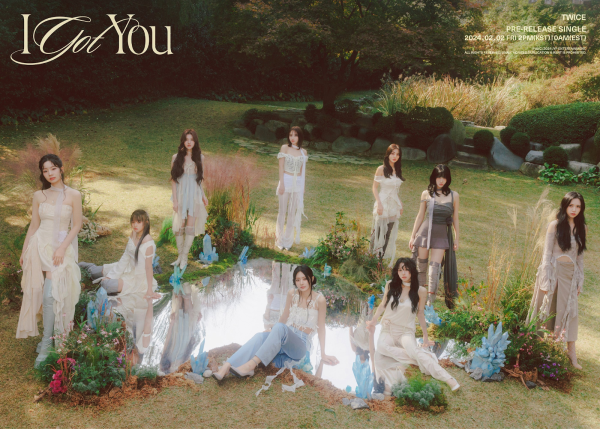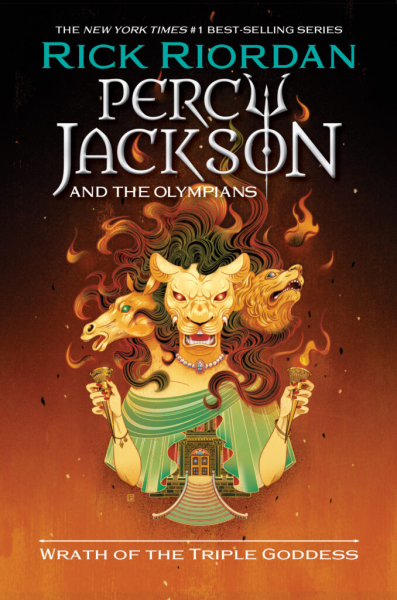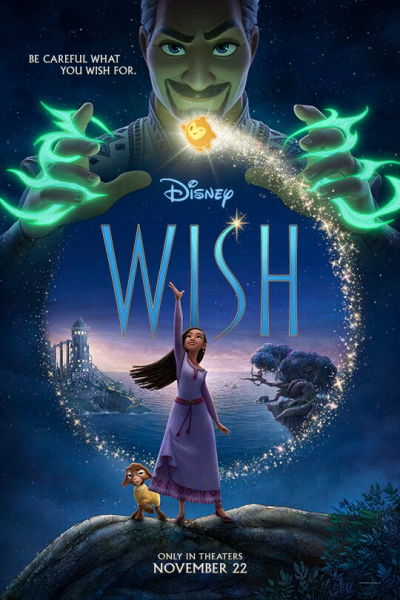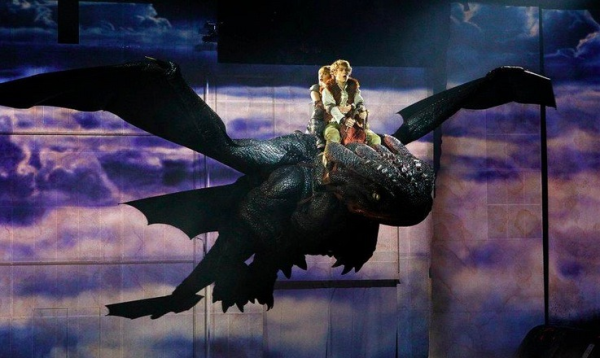Enola Holmes is Netflix’s new hit
October 11, 2020
First premiering on September 24, Netflix Original Enola Holmes grabbed approval from many with its top-tier actors, remarkable themes, and feel-good plot. The adventurous, Victorian mystery- available to all with a Netflix subscription- is based off of Nancy Springer’s 2006 novel The Case of the Missing Marquess and stars Millie Bobby Brown, Henry Calvin, and Helena Bonham Carter as lead roles. Since its release, the film has seen a flood of applauding reviews and ratings- even earning a grand 93% Rotten Tomatoes. However, few are keen to point out both the flaws in the characterization of Sherlock and Mycroft and also the strong lessons of Enola Holmes. If you have not yet seen the movie, you should be aware that there are mild spoilers ahead.
A spin-off of Conan Doyle’s Sherlock Holmes, the film shows the journey of the sixteen year-old Enola Holmes, the fictional younger sister of Sherlock and Mycroft, as she ventures in Victorian London to find her missing mother amidst a world unknown to her. Eudoria, Enola’s mother and a widow, raised her against female social norms: to think for herself, to belong to herself, and to stay true to herself. During her child’s youth, Eudoria is afraid of how society will treat her daughter- how will her daughter’s open-minded character play out in a society that oppresses women? Will she stay true to herself, or will she give into society’s pressures and change herself? Throughout her quest, Enola confronts these questions with confidence; she keeps true to herself while unveiling the fight of good versus evil- tradition versus change. This is where I personally praise Enola Holmes for what it is and the questions it dares to pose on change opposed to comfort. However, the characterization of Holmes and Mycroft upsets me.
As someone who has adored and cherished all 56 of Conan Doyle’s short stories on a personal level, I went into Enola Holmes with skepticism. This skepticism was only justified when I found Sherlock portrayed as a typical man who visibly expresses personal emotion over his interest in a certain case. I laughed when I discovered Mycroft. In the film Mycroft, the older brother of Sherlock, is painted as the proper englishman who cares about his appearance and whether or not Enola has a hat and gloves. The characterization of these brothers could not be more inaccurate.
Doyle created Sherlock as atypical with the faintest care for his public appearance or social standards. In the movie, Sherlock is portrayed as a reasonable person with the willingness to express emotion- yet this is beyond disappointing. I am used to a Sherlock who will never express emotion (unless he has made a breakthrough on an investigation)- so his judgement will not be biased- but has an extraordinary ability to empathize and comprehend emotions. In fact, in the books, Sherlock violates the law on several occasions by this empathy and understanding, even lying to officials or covering up secrets of his clients. However, the impression the movie left me with made me uncertain if Sherlock could muster up enough courage to speak out against his older brother Mycroft, let alone follow his empathy. The rare occurrence when deep emotion would slip out of Sherlock’s firm grip of logic had a special place in my heart. This sentiment was not with me when I watched Enola Holmes.
Although little is known of Mycroft in the books, enough is known to discredit this film’s description of him. From what I and many others have read, Doyle intended for Mycroft to be ingenious to the highest extent (even beyond the intelligence of Sherlock), care-free, and- out of all honesty- lazy. His own brother describes him with “no energy and no ambition.” Even the book places Mycroft as a member of the Diogenes Club, named after the Greek philosopher who lived in a barrel with no possessions and only cared about the sunlight. So I found it hilarious when the movie portrayed him with enough energy to enable him to give a single care when Enola did not have a hat and gloves on.
In spite of my unnecessary criticism for the portrayal of Sherlock and Mycroft, it is a challenge to hate the brilliant Enola and to not ship her with Viscount Teweskbury. Further, I am sure most viewers- unlike myself- found nothing wrong with the movie. Moreover, the themes of right and wrong and self-loyalty offered by Enola Holmes not only enhance the plot but bring us knowledge to take away from the cinematic masterpiece.

